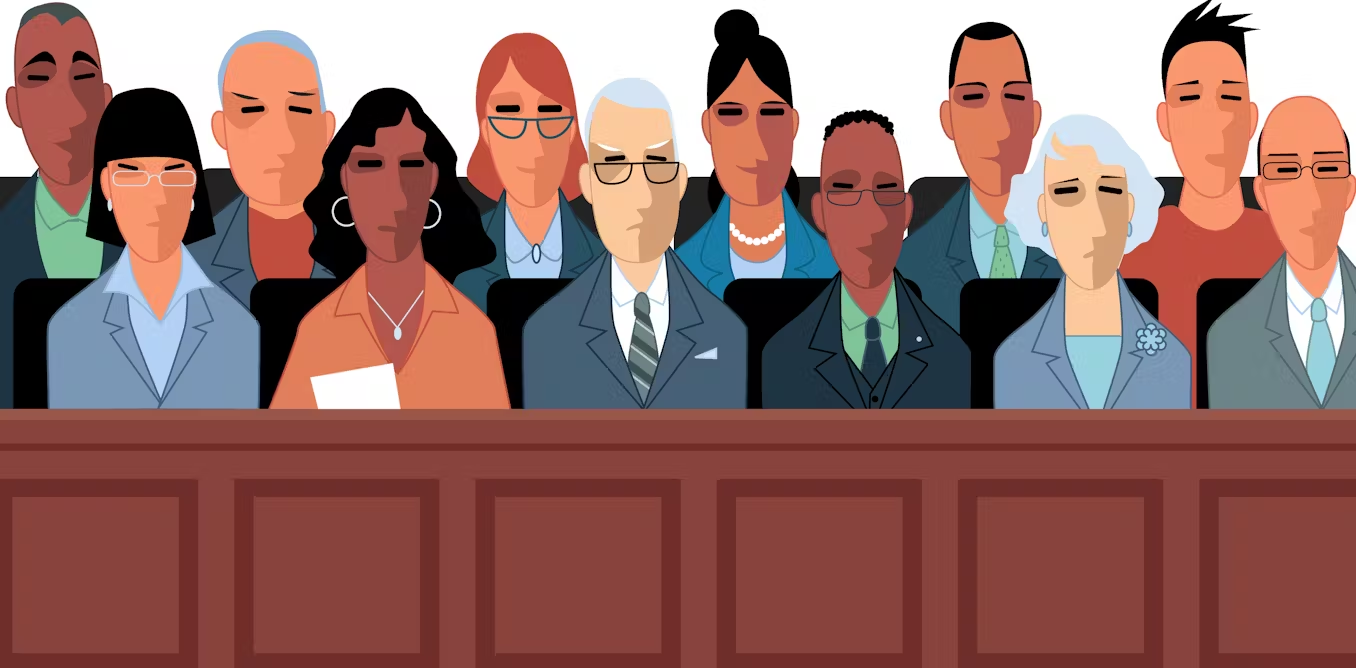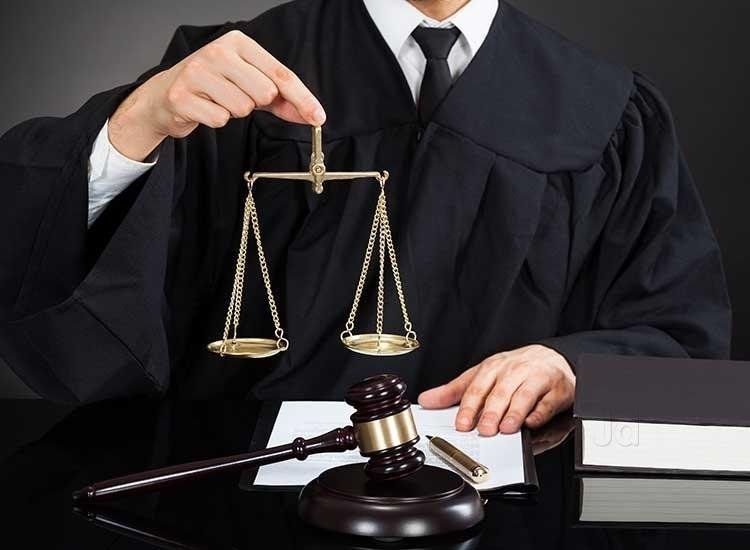When we think about courtrooms, images of judges, lawyers, and dramatic testimonies often come to mind. But behind many pivotal decisions lies a group of everyday people: the jury. You might wonder, what exactly do juries do, and why are they so important?
In this blog, we’ll explore the vital role juries play in the justice system. We’ll break down their responsibilities, how they’re selected, and the impact they have on court cases. Let’s dive into the world of juries and uncover their true purpose.
The Heart of Justice: The Jury’s Role
At its core, a jury is a group of citizens tasked with listening to the facts of a case and making an impartial decision. They serve as a cornerstone of the legal system, ensuring that verdicts aren’t just handed down by judges but are also influenced by community perspectives.
Why Do We Have Juries?
The concept of a jury dates back centuries and is rooted in the idea of a fair trial. Having a group of peers decide on a case helps:
- Ensure Fairness: Juries bring diverse perspectives, reducing the chance of bias.
- Reflect Community Values: They represent societal norms and ethics.
- Distribute Responsibility: Decisions are made collectively, not by a single individual.
The Selection Process: Becoming a Juror
Jury duty starts with a summons. Names are typically drawn from voter registrations or driver’s license lists. Here’s how the process unfolds:
- Summons Received: Potential jurors get a notice to appear in court.
- Voir Dire: This is a fancy term for the selection process. Lawyers and the judge ask questions to determine if a juror can be impartial.
- Challenges and Dismissals: Lawyers can request dismissals if they believe a juror might be biased.
- Final Selection: Once both sides agree, the jury is formed.
Inside the Courtroom: What Jurors Do
During a trial, jurors:
- Listen to Evidence: They pay close attention to testimonies, exhibits, and arguments.
- Follow Instructions: The judge provides guidelines on legal standards and how to deliberate.
- Stay Impartial: Jurors must avoid outside influences, like media coverage or personal research.
- Take Notes: In some courts, jurors can jot down important details to aid their memory.
Deliberation: Behind Closed Doors
After both sides present their cases, jurors retreat to a private room to discuss:
- Reviewing Evidence: They go over the facts and highlight key points.
- Debating Perspectives: Jurors share their interpretations and consider different angles.
- Voting: They aim for a unanimous decision in criminal cases, though some civil cases allow for majority votes.
- Reaching a Verdict: Once they agree, they present their decision to the court.
The Weight of the Verdict
Jurors hold a significant responsibility. Their decision can impact lives dramatically, determining guilt, innocence, or liability. This weight underscores the importance of:
- Seriousness: Jurors must approach their duty with dedication.
- Confidentiality: Deliberations are private to protect the integrity of the process.
- Integrity: Personal biases should be set aside in favor of justice.
Challenges Jurors Face
Being a juror isn’t always easy. Challenges include:
- Emotional Cases: Some trials involve distressing content.
- Complex Information: Legal jargon and intricate details can be hard to digest.
- Time Commitment: Trials can last days, weeks, or even months.
Support for Jurors
Courts recognize these challenges and often provide:
- Guidance: Judges offer clear instructions and clarifications.
- Resources: Access to counseling or support services if needed.
- Accommodations: Considerations for jurors’ schedules and needs.
The Broader Impact of Juries
Juries do more than decide individual cases—they uphold the justice system’s integrity. Their involvement:
- Enhances Trust: Public confidence grows when peers participate in justice.
- Promotes Transparency: Open trials with juries prevent secretive judgments.
- Balances Power: They serve as a check on legal authorities.
Accessing Court Information
For those interested in learning more about court cases or the legal system, resources are available. For example, in Missouri, Casenet MO is a valuable tool. By visiting https://mo-casenet.us, you can perform a mo case number search to find details about specific cases. This transparency helps the public stay informed and engaged with the judicial process.
Conclusion
Juries are more than just a group of people in a courtroom—they’re the embodiment of community involvement in justice. By weighing evidence and making impartial decisions, jurors ensure that trials are fair and balanced.
Next time you receive a jury summons, remember the crucial role you could play. Serving on a jury is not just a civic duty but an opportunity to contribute meaningfully to your community and the justice system.
By understanding what juries really do, we appreciate the depth and significance of their work. They are, indeed, the unsung heroes of the courtroom, ensuring that justice is not just served but also seen to be served by all.





